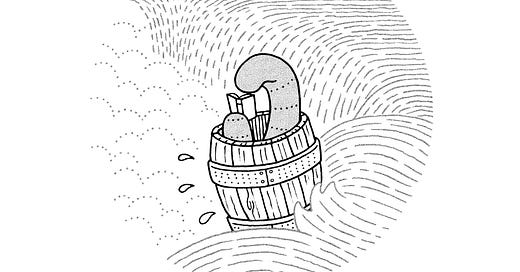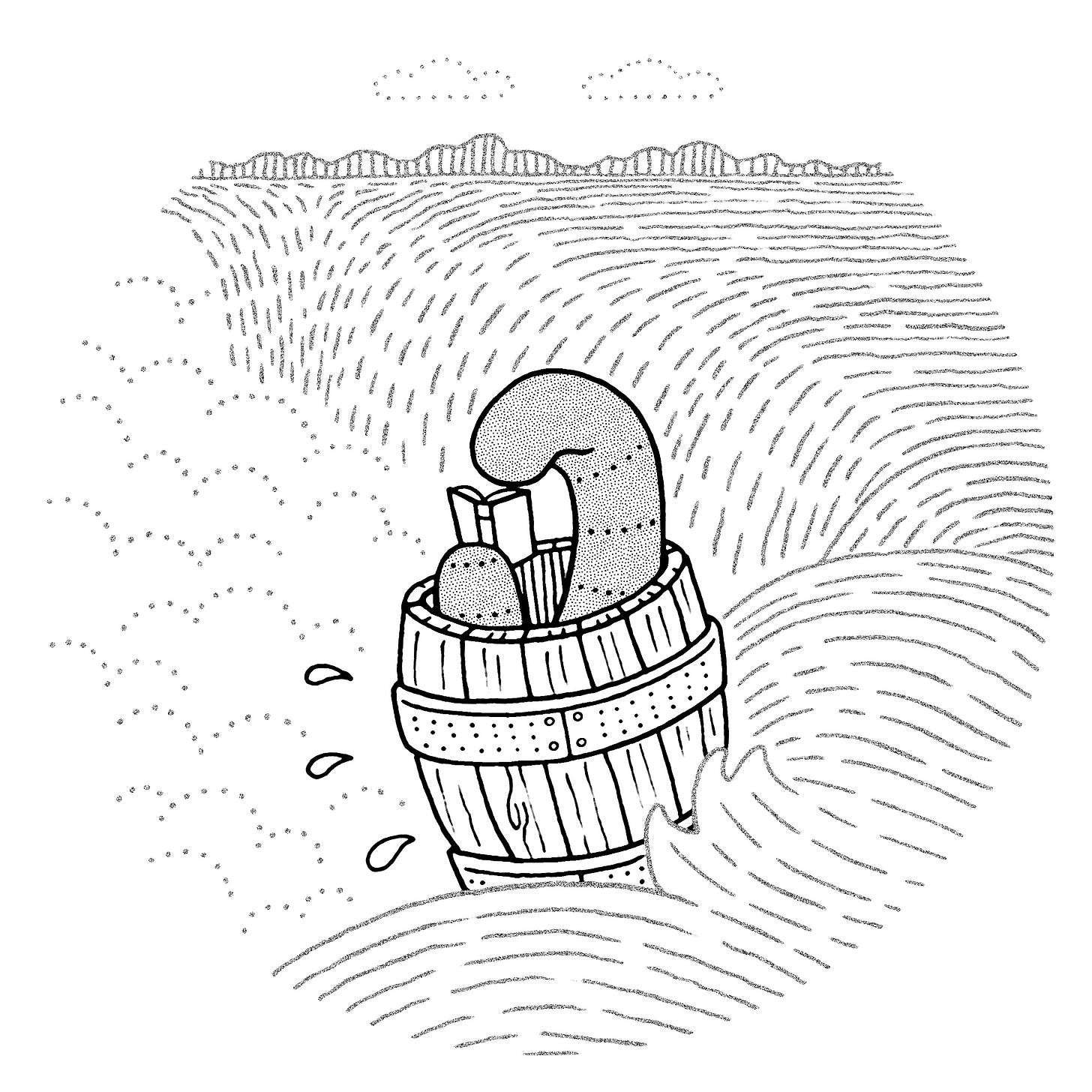Bookworm, no. 98
Noah Ciubotaru on Curtis John McRae’s “Quietly, Loving Everyone.” Gabrielle McMann reviews “REDress,” edited by Jaime Black-Morsette. A page from Andrew Coyne’s “The Crisis of Canadian Democracy.”
Cold, Cold World
Quietly, Loving Everyone
Curtis John McRae
Esplanade Books
200 pages, softcover and ebook
Several stories from Curtis John McRae’s debut collection, Quietly, Loving Everyone, take place in Montreal during the depths of winter. In “Ulcers, Singing,” a university student with an autoimmune disease describes the icy staircase to his apartment a…
Keep reading with a 7-day free trial
Subscribe to Bookworm to keep reading this post and get 7 days of free access to the full post archives.





